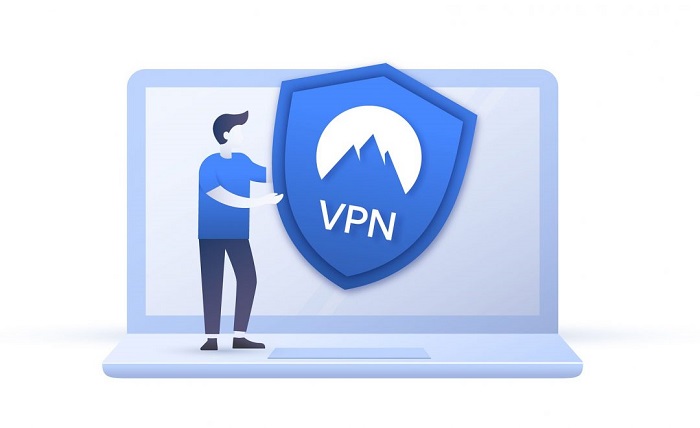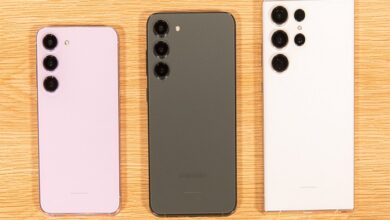The Ultimate Guide to Understanding How VPNs Work

Protect yourself from privacy invasions: ISPs, cybercriminals, and governments can track your internet data and location. A VPN secures the privacy of your traffic by establishing a secure connection between your device and the VPN server.
Your data is scrambled into an unreadable jumble, and only the VPN provider and you have the decryption key to unlock it. It is done with military-grade encryption or better (usually AES-256).
Encryption
When you connect to a VPN, your data is encrypted. It means that even if someone intercepts your web traffic, they won’t be able to decipher it. Encryption is a set of mathematical functions that turn your information into a code only the intended recipient can read.
VPNs use encryption techniques, including symmetric and asymmetric encryption, to safeguard your data. To encrypt and decode data, symmetric encryption employs the same key. This method is faster than asymmetric encryption and is the most popular choice for VPNs. However, your data could be easily deciphered if that key is ever compromised.
Asymmetric encryption uses two separate keys. Data encryption uses a public key, whereas data decryption uses a private key. It is slower than symmetric encryption and requires that both the sender and receiver have access to the same key. However, this is more secure than symmetric encryption because if one of the keys is compromised, it cannot be used to decrypt your data.
Some VPNs also employ Perfect Forward Secrecy (PFS) to shield future attacks from stealing encrypted traffic. Your VPN generates a different encryption key for every session to employ PFS. How VPNs work? VPNs operate by preventing criminals from accessing your sensitive data in the past by leveraging keys that were previously stolen.
Location Change
When you connect to VPN, all of your internet traffic is encrypted and sent through a tunnel around the world to the server of the VPN network you are connecting to. It means that when someone does a location lookup on your data, they will only see the location of the server you are connected to. It can help prevent ISPs from throttling your bandwidth or allowing you to access content unavailable in your country (such as Netflix US). It can also help you avoid price discrimination by making it harder for retailers to know your location.
Your geographic location can give away much information about your online behavior, and many websites use it to track you. It is often done by correlating your search history with your visited locations. It can also be accomplished with the IP address of your router or device, browser identifiers, and more. VPNs can hide all of this information and replace it with the location of a server, which can change your virtual location and stop you from seeing that dreaded “this content isn’t available in your location” message.
It can have a small impact on your internet speed as data is sent over the VPN connection, but this is something that many users don’t mind. It is still better than exposing your information to hackers or other people with malicious intent.
Accessibility
When you use a VPN, your data goes through an encryption tunnel before reaching the web. It means anyone trying to snoop on your information will only see a mess of unreadable characters, not the original data you sent. It makes it nearly impossible for hackers to intercept your login credentials, private messages, or other sensitive information.
While using a VPN, you can also encrypt your browser data. It changes the data sent from your device to the VPN server into an unreadable jumble of code that can only be unscrambled by your device and your VPN provider’s servers. It prevents your ISP, governments, and other third parties from being able to access your private information and browsing history.
While VPNs can obscure your IP address, they cannot completely hide your online activity from other sources. For example, apps like Facebook and Instagram can still correlate your search history with your account information. It is why it’s crucial to find a VPN that offers robust privacy features.
Security
Cybercriminals can snoop on your personal information if you use a public WiFi network and don’t have a VPN. It includes your browsing history, account passwords, and other private data. A VPN protects you from this by encrypting your data so that only your intended destination can read it.
Your ISP can also sell your browsing history to third parties, which is bad for your privacy. It is why it’s so important to have a VPN, which can prevent ISPs from seeing your data and tracking you online.
A VPN can also help you keep your search information secret, which is useful when researching medical conditions, required surgery or treatments, travel plans, and gift ideas for family and friends. It can prevent your ISP or web browser from using this data to serve you with related ads.
A VPN can also help you bypass geo-blocking when you’re traveling internationally. Many streaming services restrict access to their content by region, but a VPN can let you connect to servers in your home country to watch shows and play games like you were at home. It is conducive if you’re on vacation or have moved to a different country for work. It can also help you avoid price discrimination when buying flights, hotels, or other big-ticket items.




